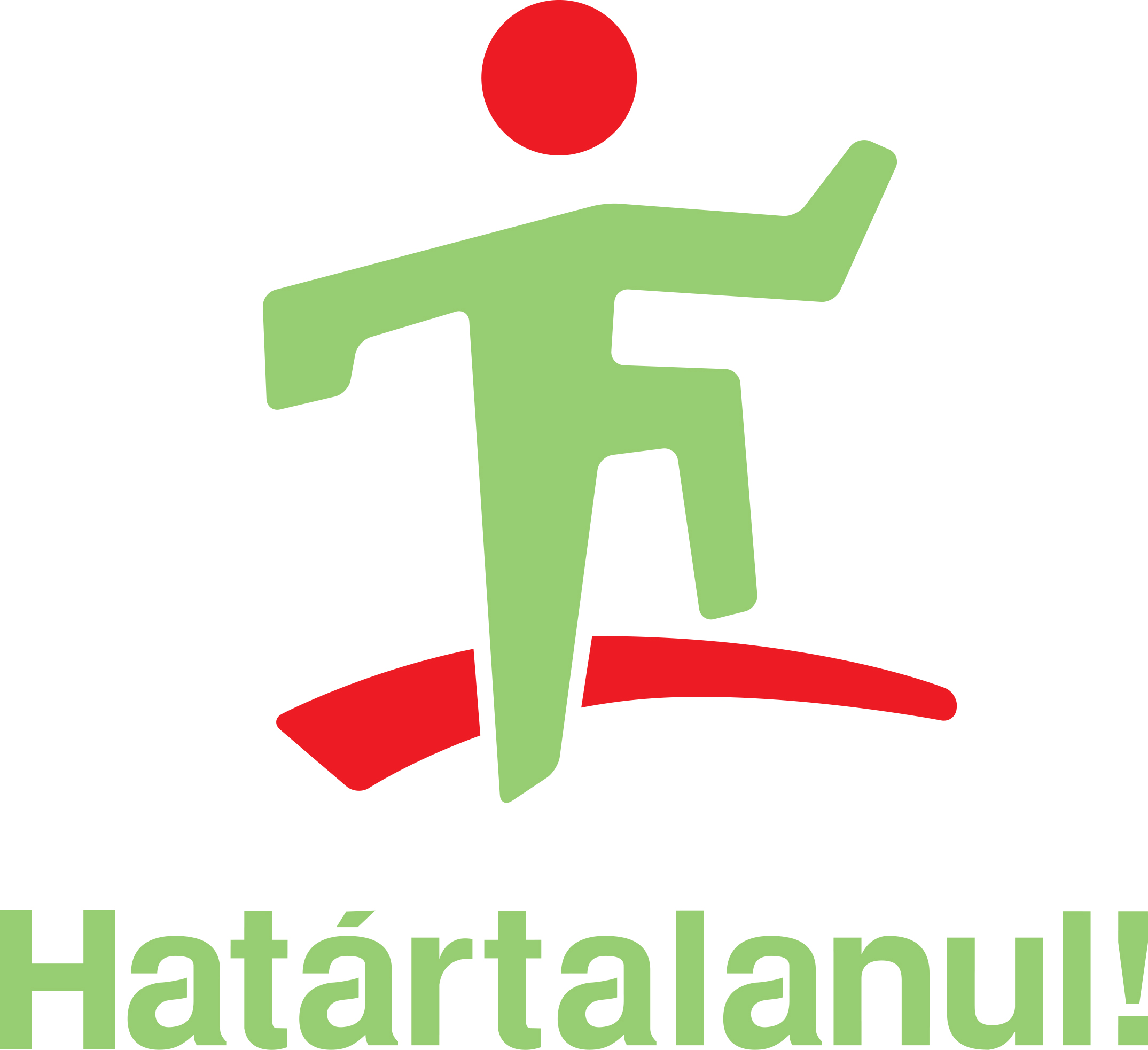Hold on — if you’re reading this, you or someone you care about is probably wrestling with gambling choices right now.
This piece gives simple, actionable support steps and explains how cultural beliefs and superstitions can feed risky habits, and we’ll start with concrete help you can use immediately.
Here’s the thing: effective support is not one-size-fits-all.
Some people need quick limits and blocking tools; others need counselling and peer groups; still others ask for financial planning and family mediation, and I’ll map these options clearly below so you can choose what fits best.

Immediate Actions: A Short, Practical Triage
Something’s off if your play is costing essentials.
First, stop automatic access to funds — remove saved cards and unlink payment apps — because removing friction cuts impulse play, and that practical step buys you breathing room to consider next moves.
Second, enable self-exclusion or deposit limits on accounts where you play and set realistic timeouts; these are immediate harm-minimisation tools that reduce exposure without needing willpower alone, and we’ll talk about where to set those limits in the next section.
Support Options — What Works and When
Quick check: there are four dependable support layers most clinicians recommend — self-help tools, peer groups, professional counselling, and financial/legal assistance.
Each layer targets a different risk point, and knowing which to use first matters for outcomes.
Self-help tools include account limits, cooling-off periods, and blocking software, and they are low-cost steps you can apply right now to slow losses and restore control, so let’s run through options and expected effects next.
- Account controls: deposit caps, bet limits, session timers — immediate effect; use them now to reduce risk, and readjust later.
- Blocking software: install site-blockers or use regulated-providers’ exclusion lists to stop account access; these work as a structural barrier while you reorganise finances, and they’ll be compared with counselling services below.
- Financial steps: set lenders, co-signers, or temporary freezes with your bank for a defined period to prevent impulsive withdrawals, and I’ll give a small case showing how these saved someone weeks of harm in the “Mini-cases” section.
On the other hand, peer groups (like Gamblers Anonymous) provide social accountability and are often best combined with therapy when gambling is entrenched, and we’ll contrast peer support with professional help in the comparison table coming up.
How Culture and Superstitions Change Risk — A Short Psychology Primer
Wow — superstition is not just folklore; it actively changes behaviour.
Beliefs like “my lucky number is due” or “today’s sequence means a win” increase bet sizing and extend playtime, and understanding this helps you intercept impulsive escalation before losses pile up.
On the one hand, superstitions give players a perceived sense of control that temporarily reduces anxiety; on the other hand, they bias decision-making and create chasing behaviours that increase expected losses, so we’ll show practical ways to counter that bias below.
For example, cognitive reframing helps: label the impulse (“that’s the gambler’s lure”) and enact a micro-delay of 24 hours before larger bets, which often breaks the superstitious momentum and stops the emotional escalation that drives further losses, and next I’ll explain how to put a 24-hour rule into practice.
Putting a 24‑Hour Rule to Work — A Mini Method
My gut says this simple rule is underrated.
When you feel compelled to increase a bet after a loss or “because today’s my day,” force a 24‑hour cooldown and make a small documented plan for that period — for example, a short walk, a phone call to a friend, and a spending freeze — because that pause often cools emotion-driven decisions.
Practically, write down three alternative activities and block access to the gambling site on your device for those 24 hours; if you still want to play after cooling off, you can revisit the decision while being clearer-minded, and the next section covers who to call for structured professional help if the rule fails you.
Where to Get Professional Help in Canada
Here’s the practical list you need: provincial helplines, clinical addiction services, and financial counsellors skilled with gambling-related debt.
If immediate crisis is present — suicidal thoughts, thoughts of self-harm, or severe financial risk — contact your local emergency or crisis line right away and then pursue specialised gambling supports as a follow-up.
Most provinces have dedicated problem gambling services that offer free counselling and financial triage; for ongoing help, look for clinicians accredited in addiction counselling and consider cognitive-behavioural therapy (CBT), which has the strongest evidence base for treating gambling disorder, and we’ll compare CBT with other therapies below.
Comparison Table — Support Options at a Glance
| Approach | Best For | Typical Timeframe | Pros | Cons |
|---|---|---|---|---|
| Self-help tools (limits, blockers) | Early-stage problems, impulse control | Immediate | Fast to implement; low cost | Requires some motivation; can be bypassed |
| Peer support (GA) | Social accountability; motivation maintenance | Ongoing | Free; peer empathy | Variable quality; not clinical therapy |
| CBT / clinical therapy | Entrenched gambling disorder | 8–20 sessions typical | Evidence-based; addresses thinking patterns | Cost and access variability |
| Financial counselling / legal | Debt, credit issues | Weeks to months | Concrete financial relief and plans | May require disclosure and creditor negotiation |
Notice how self-help is immediate but potentially fragile, while clinical and financial supports take longer but treat root causes; next, I’ll show a simple decision flow to pick the right first step based on urgency and severity.
Decision Flow: Which Path to Start On
Hold on — here’s a short triage checklist to decide next steps.
If you’re missing bills or lying about play, go straight to financial counselling plus blocking tools; if you’re only noticing mood swings around play, start with deposit limits and CBT or counselling; if isolation is the problem, add peer support groups to the plan, and after that we’ll outline common mistakes people make when seeking help.
Common Mistakes and How to Avoid Them
My observation: people often delay help because of shame.
Delay increases severity, so avoid secrecy by naming a trusted person and scheduling the first support step within 48 hours, and I’ll outline common traps and fixes next.
- Thinking you’ll “play through” a bad run — stop immediately and use the 24‑hour rule; this avoids larger losses.
- Relying solely on willpower — use external limits and blocking tools so behavioural change doesn’t live only inside your head.
- Ignoring financial restructuring — bring in a counsellor early to avoid creditor escalation and legal consequences.
- Switching to different gambling forms (e.g., from slots to betting apps) — treat this as substitution and apply the same controls across all platforms.
Each of these mistakes can be foreseen and countered, and in the next section I provide two short, original mini-cases that show how real people applied these fixes successfully.
Mini-cases — Short Examples That Illustrate What Works
Case 1: “Anna,” 34, used a 24‑hour pause and set a $50 weekly deposit cap, which reduced her monthly losses from $1,200 to $250 within two months, and this practical win motivated her to start weekly counselling sessions that addressed triggers.
This shows that small structural changes can create momentum for larger recovery steps, and the second case highlights financial measures.
Case 2: “Mark,” 48, faced creditor calls and put a temporary freeze on all non-essential cards, worked with a financial counsellor to prioritise debts, and joined a peer group for accountability, which stopped impulsive withdrawals and prevented bankruptcy.
These two examples show how financial and behavioural tactics together create durable change, and next we’ll discuss how cultural superstitions interacted in both stories and how to untangle them.
Superstitions: Practical Interventions to Reduce Their Harm
Something’s telling you that rituals matter.
Instead of mocking superstitions, treat them as cues: if a ritual precedes risky play, replace the ritual with a neutral action like a five-minute breathing exercise that breaks the association and reduces the emotional arousal that leads to larger bets, and after that I’ll explain how to track triggers over time.
Practical logging helps: keep a simple play diary noting time, mood, triggers, and whether any ritual preceded the session; after two weeks, patterns usually appear and give you targeted intervention points for therapy or habit change, and the following checklist shows what such logging should capture.
Quick Checklist — What to Do Today
- Remove saved payment methods from gambling sites and apps right away.
- Set deposit and loss limits with your operator and add a 24‑hour cooling-off period.
- Install blocking software or use the site’s self-exclusion feature for an agreed period.
- Create a 24‑hour activity plan for impulses (walk, call friend, list three calming actions).
- If debts are present, book a session with a financial counsellor this week.
These steps are immediate and practical, and next I’ll give a short mini-FAQ to answer the most common beginner questions clearly.
Mini‑FAQ
Q: How do I self-exclude from an online casino?
A: Most regulated operators provide self-exclusion in account settings; choose a length (months or years), confirm identity, and request account closure if needed — if the site resists, escalate to your jurisdictional regulator for enforcement, and that direction points to the next question about what to do if you can’t self-exclude.
Q: Will my bank block gambling transactions if I ask?
A: Many banks can apply merchant-blocking controls or help set spending limits; ask your bank security or fraud desk directly and follow up in writing, because financial institutions often have fast administrative options to temporarily stop gambling-related charges.
Q: Is therapy really necessary?
A: Not always, but if gambling harms relationships, finances, or work, therapy (particularly CBT) has the best evidence for changing underlying thought patterns; start with a free intake or public health service to evaluate severity and find a funded or sliding-scale option if cost is a barrier, and that will guide your next practical step.
Before closing, a quick note about choosing online operators: if you do continue to play responsibly, prefer licensed platforms that support strong player controls and transparent RTPs, and in the middle of your research it’s worth checking reputable operator pages for their responsible gaming tools and licensing statements.
For Canadians researching operator features, one site that lists Canadian-available platforms and their tools is casinodays, which summarises licensing, payment options, and in-site support tools that help you decide where controls exist, and we’ll use some of those operator characteristics when you talk with counsellors or set limits.
To be specific, compare whether an operator offers deposit limits, session timers, instant self-exclusion, and easy access to support contact; reading provider pages side-by-side reveals which platforms prioritise player safety, and another reputable source to consult while you choose is casinodays because they present a concise view of responsible gaming features for Canadian players.
This article is informational only and not a substitute for professional medical or legal advice. If you or someone you know is in immediate danger or experiencing suicidal thoughts, contact emergency services or your local crisis line immediately, and remember: support is available and you are not alone.
Sources
Clinical evidence synthesized from addiction treatment guidelines and cognitive-behavioural therapy studies; practical service descriptions adapted from provincial problem gambling programs and clinician practice. Specific platform reference for feature comparison: casinodays operator pages.
About the Author
I’m a Canadian-based writer with experience advising harm-minimisation programs and working with community addiction services; I combine lived experience supporting affected families with practitioner interviews to produce practical, hands-on guidance for people navigating gambling-related harms.
18+: If gambling is a problem for you, please seek help; use local resources, talk to a professional, and apply the practical steps above so that the next day looks better than today.




















